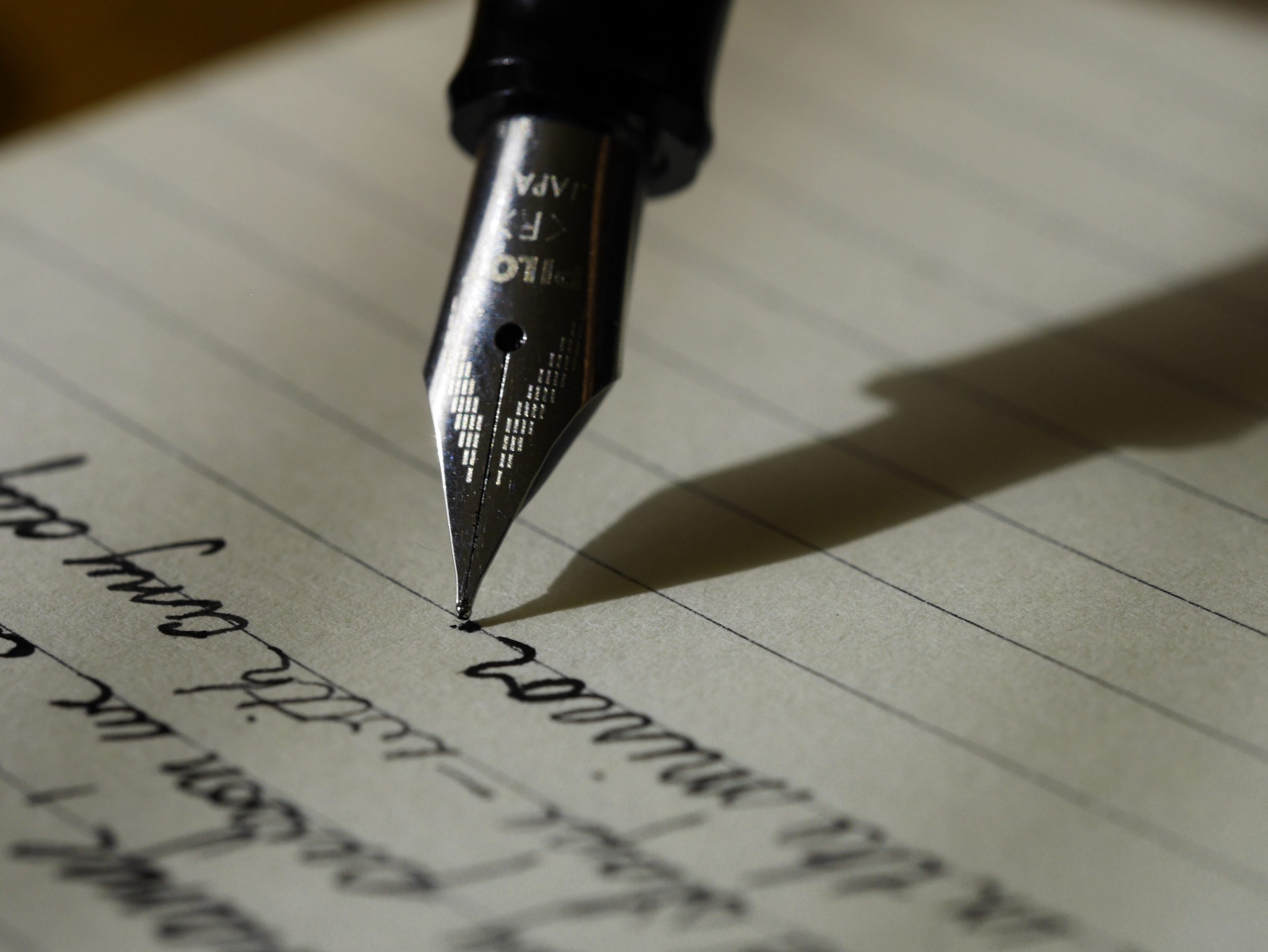
06 Apr We Remember More by Writing on Paper than on Mobile Devices
Neuroscientists at the University of Tokyo have found that writing on paper helps our brains to remember information better than taking notes on a tablet or smartphone does.
The team of researchers asked 48 students to copy down a schedule given to them, with equal numbers doing so on paper, smartphones and electronic tablets. The students were not asked to commit the schedule to memory.
An hour later, after participating in an unrelated task in order to distract them and move their minds away from the schedule, the students were asked questions about the schedule. Whilst they were quizzed, MRI scans mapped the activity in their brain.
The researchers observed that the students taking notes on paper took significantly less time to than those recording the schedule on mobile devices. Furthermore, these students were then found to answer questions with a higher accuracy than their device-using counterparts.
This indicates that the process of writing out notes on paper activates a much deeper and more involved cognitive process than doing so on a digital device.
This was confirmed by the MRI scans. The brain scans showed that activity in all sections of the brain engaged in memory retrieval, as well as other language-related brain regions, was much higher in students using paper and pen.

The research follows a 2014 study into how taking notes on laptops rather than on paper effects the quality of learning. It is thought that this is because, when using a laptop to take notes a person is able to copy things down almost word-for-word. Contrastingly, using paper requires the person to summarise and reformat information, invoking deeper thought and processing of the information give. This explanation suggests that taking notes on a laptop limits our processing abilities, as well as our creativity and language skills.
Furthermore, we can see by the use of tablets and phones in the University of Tokyo study that even ‘handwriting’ notes on a digital device is not as effective as writing them on paper. Hence there must be something intrinsic to a digital device which stems our cognitive abilities.
In the aforementioned studies, digital devices were used solely to take notes and for nothing else. However, as many of us are guiltily aware, this is often not the case when we are on our laptops to do work. Digital devices offer so many distractions which also negatively impact the quality of our work. Hence often our productivity and aptitude suffers greatly when we opt to use digital devices rather than pen or paper.
In a time where so many aspects of our life depend on our digital devices, it is actually refreshing to take a break. And if you are worried losing your work, you can always scan your notes into your digital devices to create a virtual backup.
This an incomplete field of study, and much research is still going underway to further analyse the effect of digital devices on our cognitive abilities, and to better understand the neurological explanations for this. However, one thing is clear: to get the best out of our brains, we should stick to pen and paper. As the University of Tokyo researchers neatly summarised their results, ‘the pen is mightier than the keyboard’.





Sorry, the comment form is closed at this time.